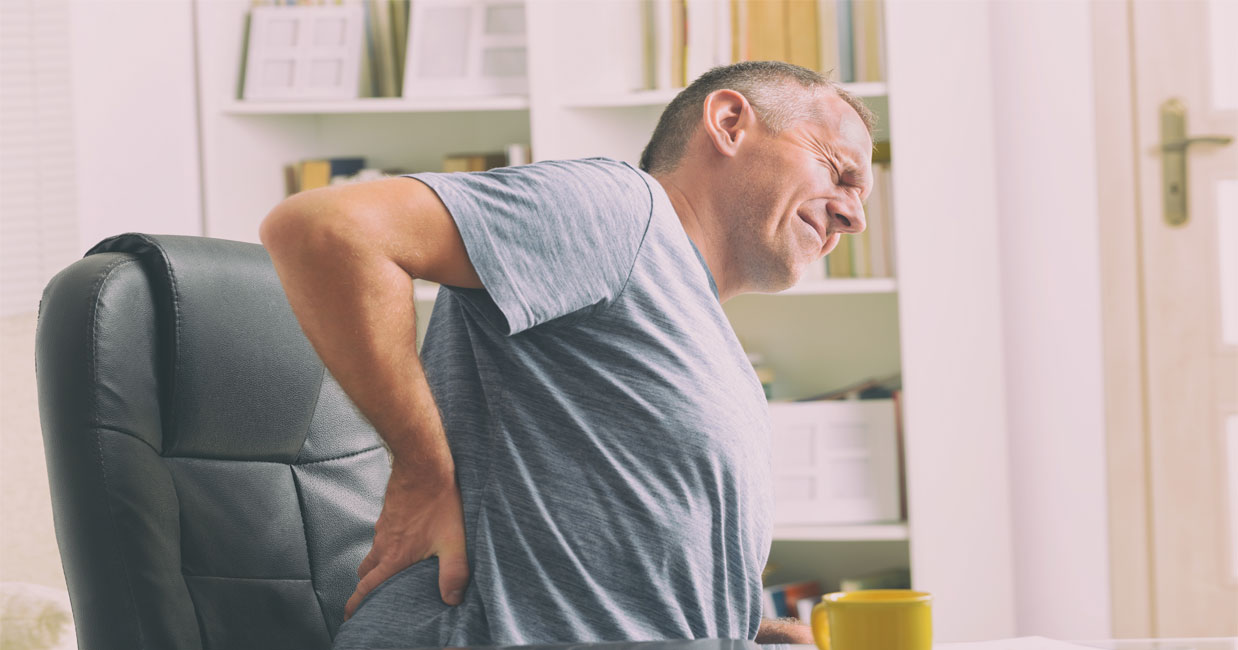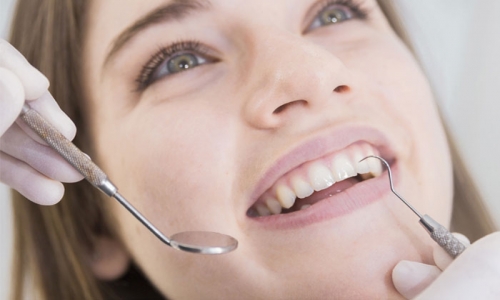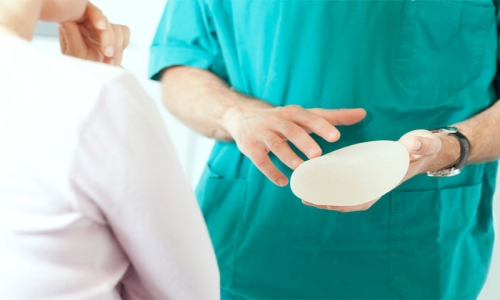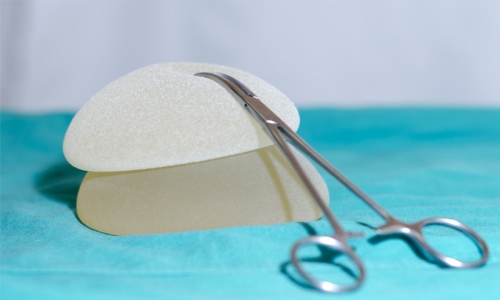07 Feb 2019

Low back pain or lumbago is defined as the localized lower back pain in the lumbar vertebrae. These often intense pains are diffused on the buttocks, the back of the thighs, and can reach the back of the knees.
Low back pain can be accompanied by difficulty in movement or even blockage.
Types of Lower Back Pain
There are tow types of low back pain, common lower back pain and symptomatic lower back pain.
Common lower back pain
Not serious because it can be treated quickly, this back pain is widespread, often from a mechanical cause. According to its evolution over time, common lower back pain is classified in:
acute lower back pain: lasting less than a week
chronic lower back pain: pain manifested for a duration greater than or equal to 3 months
recurrent lower back pain: Pain is cyclical and regular, manifesting itself in acute episodes spread over months, even years.
Symptomatic lower back pain
This is a lower back pain specific to a disease: scoliosis (malformation of the spine), tumor, fracture or infection in the spine. Only the doctor can diagnose and specify lower back pain for proper therapy according to the underlying diseases.
The causes of lower back pain
There are many causes:
Low mechanical pain: a high percentage of lumbago pain is mechanical. Due to the use of joints, they manifest themselves especially at the end of the day and can hinder sleep. They are caused by trauma, compression of the vertebrae, or compression of a nerve root of the spinal cord known as disco-radicular conflict.
Inflammatory lumbalgia is not dependent on the movements of the joint but caused by inflammation following a tumor on the vertebrae, an infection (tuberculosis, infectious spondylodiscitis) or ankylosing spondylitis (inflammation of the sacroiliac joints and spine).
Osteoporosis is also one of the causes of lower back pain in postmenopausal women.
Factors favoring lower back pain
Although age is a risk factor, lower back pain now affects the younger population more and more. This is due to a sedentary lifestyle that promotes the relaxation of the back muscles and decreases the flexibility of the ligaments, thus losing their supporting role of the spine.
Lower back pain can be of professional origin: jobs of force causing a muscular imbalance, vibrations and jolts, falls, bad postures (seated and prolonged, incorrect posture ...). Some sports activities are restrictive for the spine and can promote lower back pain. There are also psychosocial factors such as disappointment, monotony and depressive syndrome.
Treatment for lower back pain
To prevent lower back pain, you should indulge in regular, not too intensive, physical exercise to strengthen the back muscles.
Confirmed lower back pain should be managed by a specialist. Therapy is done by prescription of rest, short durations on a firm plan with administration of anti-inflammatories and analgesics. It requires the treatment of infections and conditions in question eventually.
The clinician prescribes re-education and physiotherapy sessions or suggests an epidural infiltration of corticosteroids.




